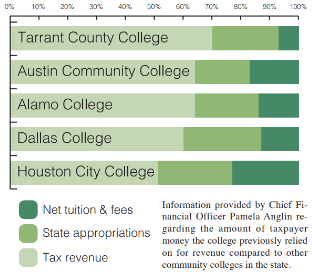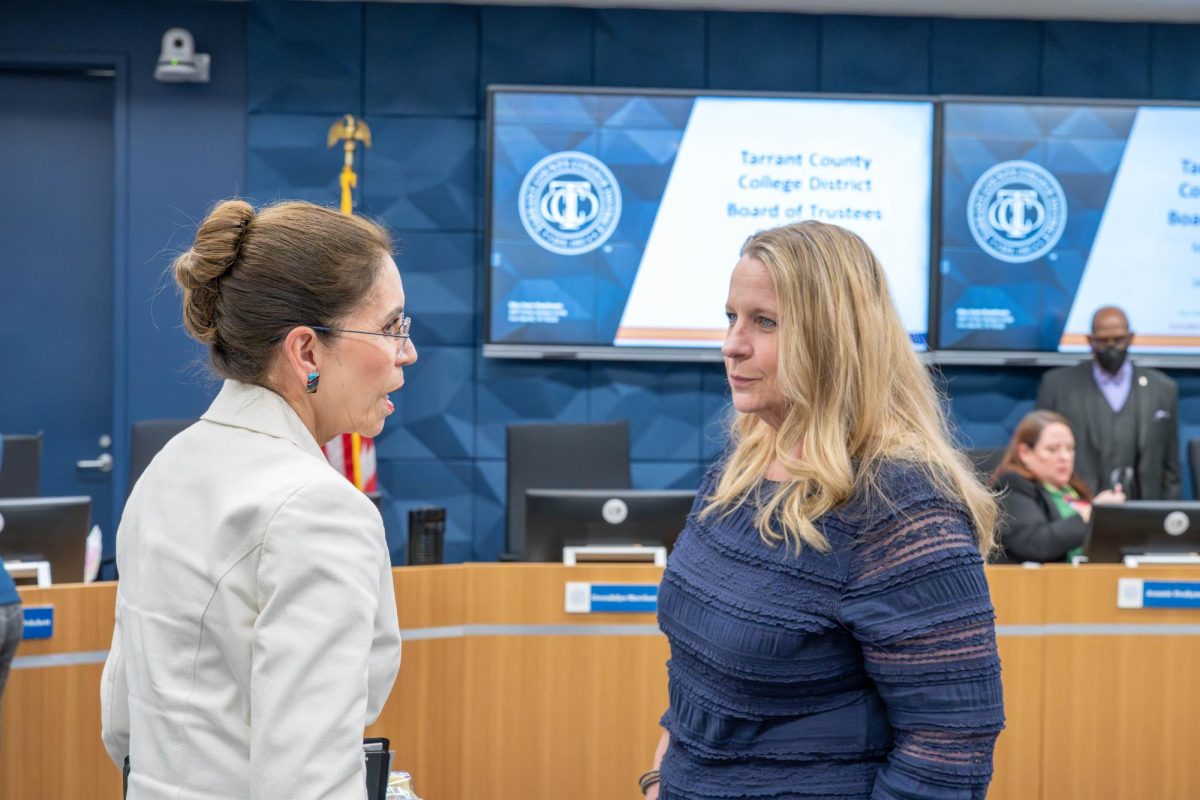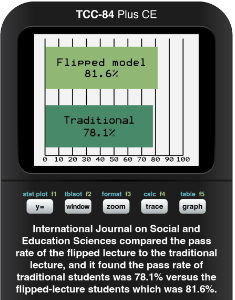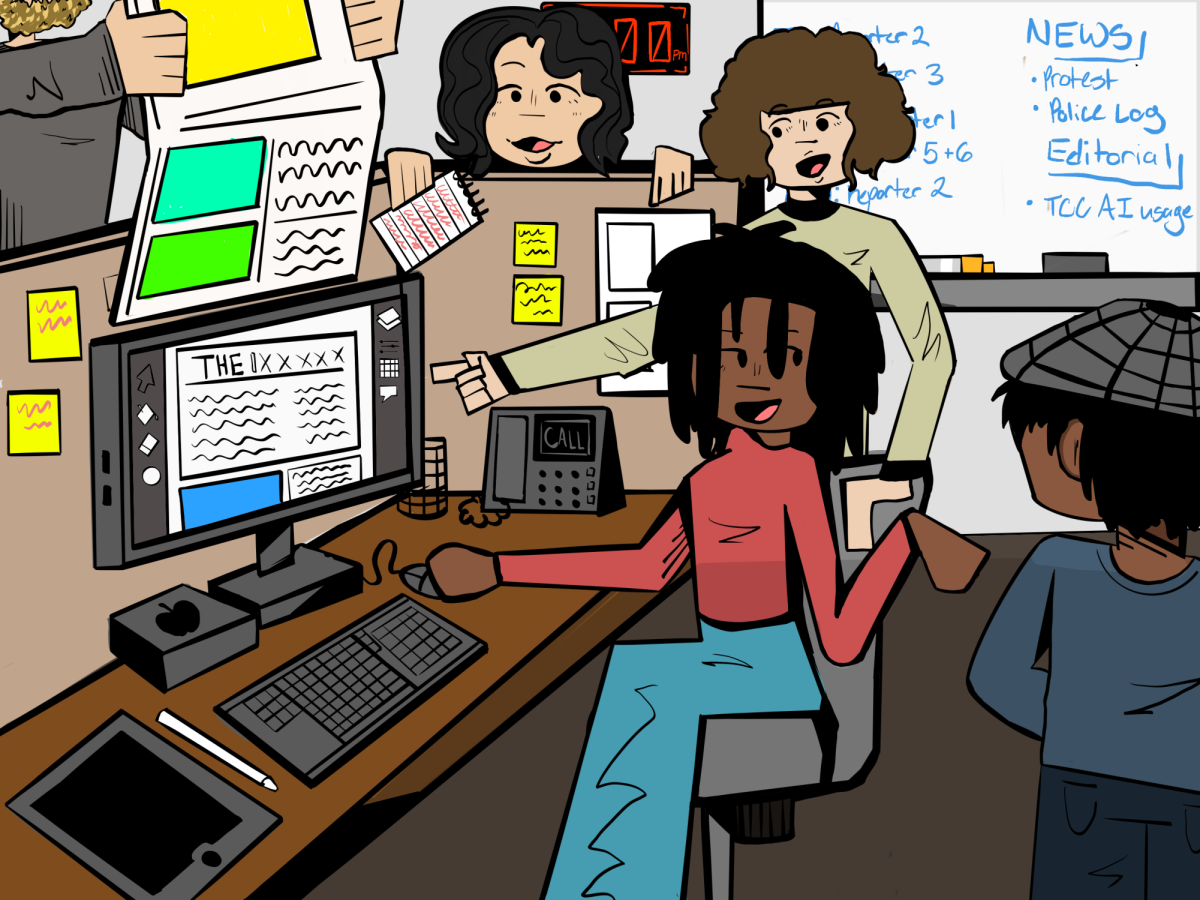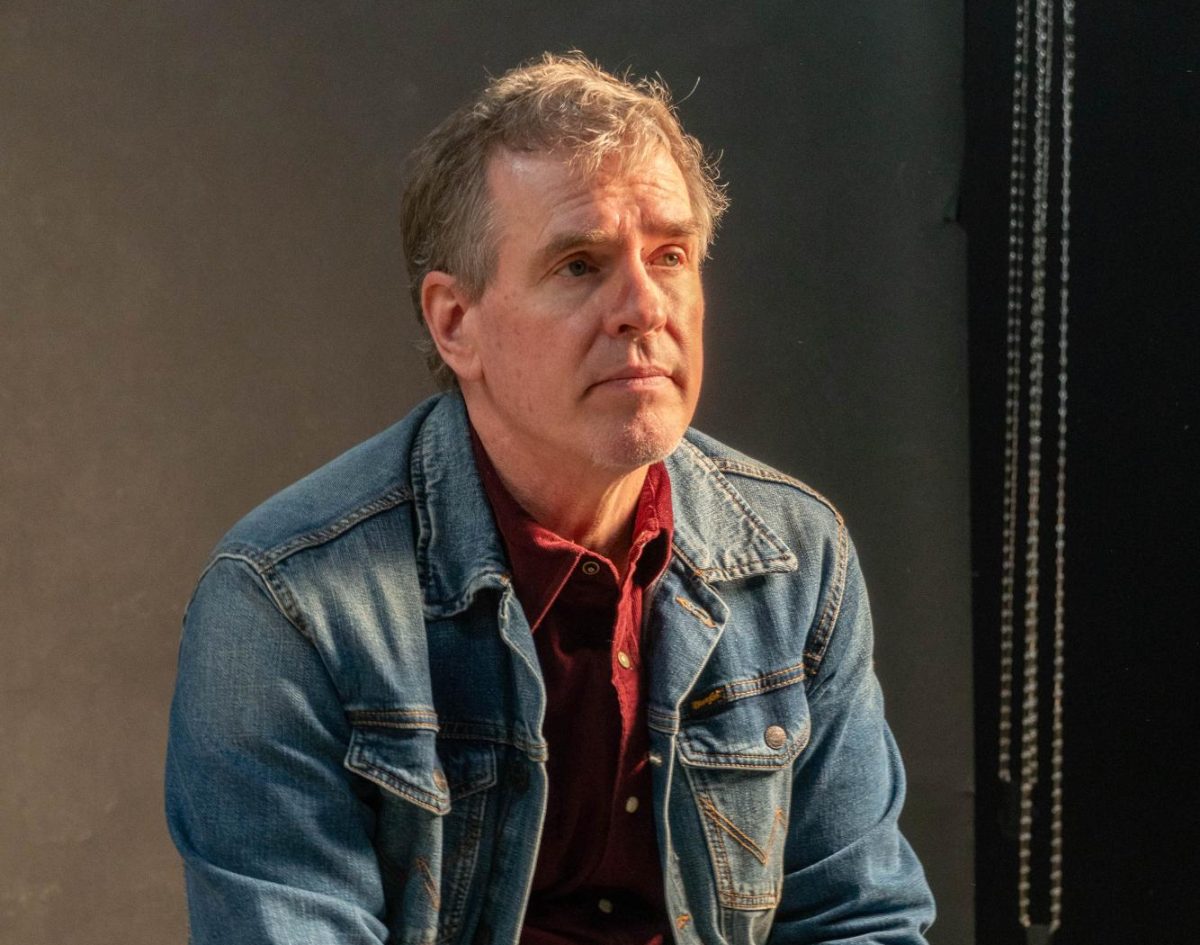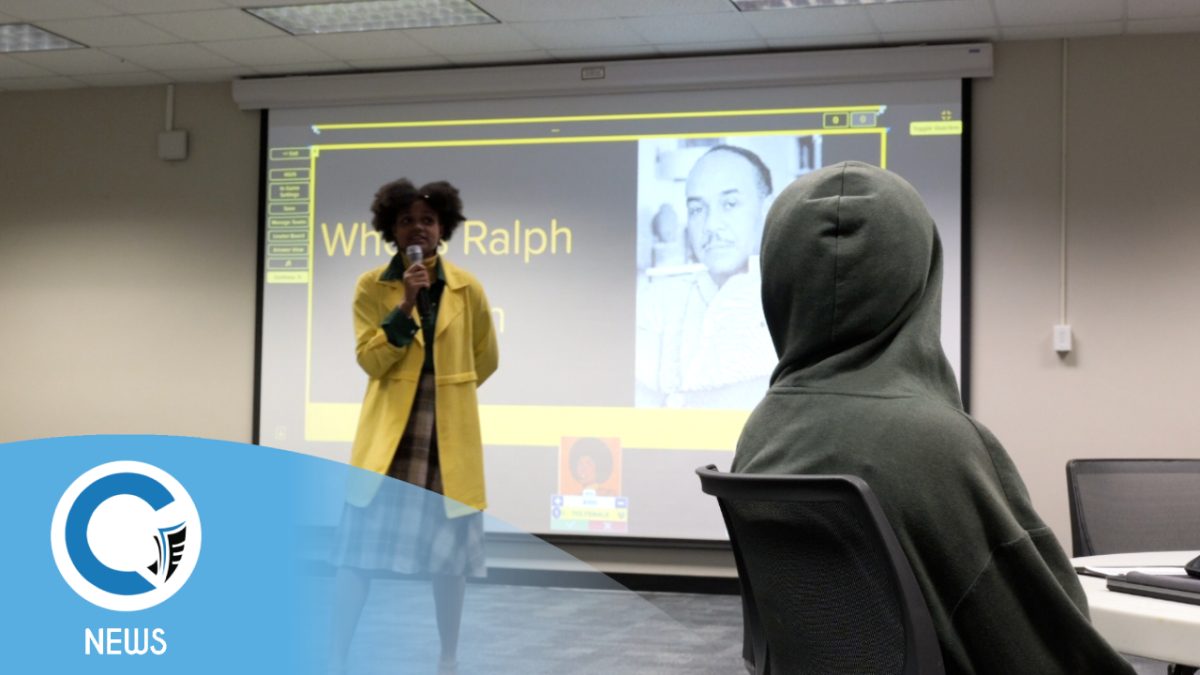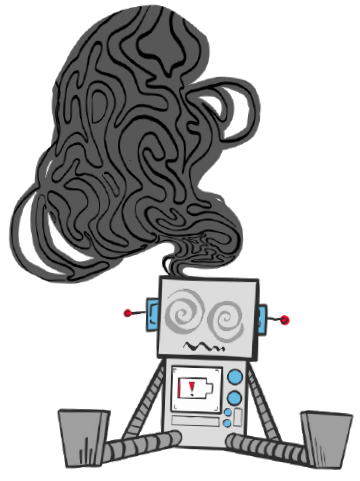
Rene Herrera
campus editor
It seems that some writers and critics have lost the understanding of what makes a story good.
What I mean is writers seem to value ideas and themes over structure and logic. In fact, some seem to outright ignore common sense just to prove a point or make the plot happen. My main example is The Last of Us Part 2, a game written and directed by Neil Druckmann and co-written with Halley Gross.
The game has been a polarizing subject to many fans. It places the importance of ideas over plot, which is why it has mixed reviews. Those who love the game seem to appreciate the ideas Druckmann and Gross were going for: the circle of violence, revenge, unceremonious death, and self-decay. And make no mistake, this game is pure, unapologetic darkness.
There is no light at the end of the tunnel, except for one character learning to let go of a deceased loved one. Even though it was not really the central thesis of the story, like how it was in the movie Up. And I am all for such ideas and themes.
I love dark stories, but not ones lacking in character depth and logic. This logic pertains to the rules set by the story’s own world, particularly set by the first game. That character, shown to be smart and resourceful, would be ignorant and unwise in the next installment… Ellie and Abby had depth.
The greatness of the first game was that it had hope in it. It was not hoping for a better future or hope for mankind or even hope for a cure. It was hope for one man, that he could finally put his demons to rest and move on, to find something to love and fight for in such a grim, desolate world.
The players understood that which is why they loved it. That is why they cared for Joel and his story. He found someone to love again, and it was beautiful. Even with so much violence and the most inhumane people living, it was still beautiful.
To those who aspire to write, refer back to those things, and never let themes, ideas, and philosophy stop you from writing something as simple as a person learning to live again.


